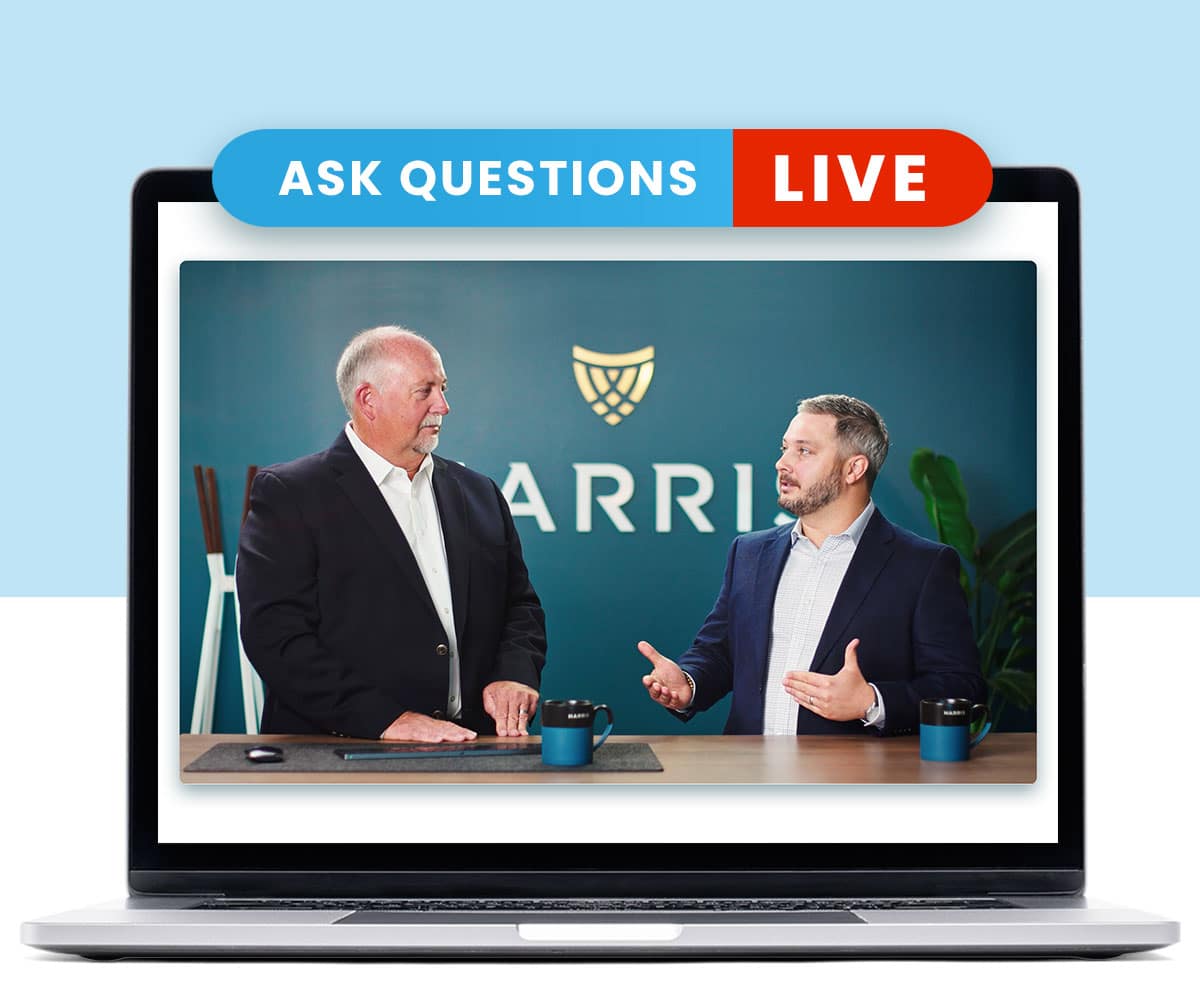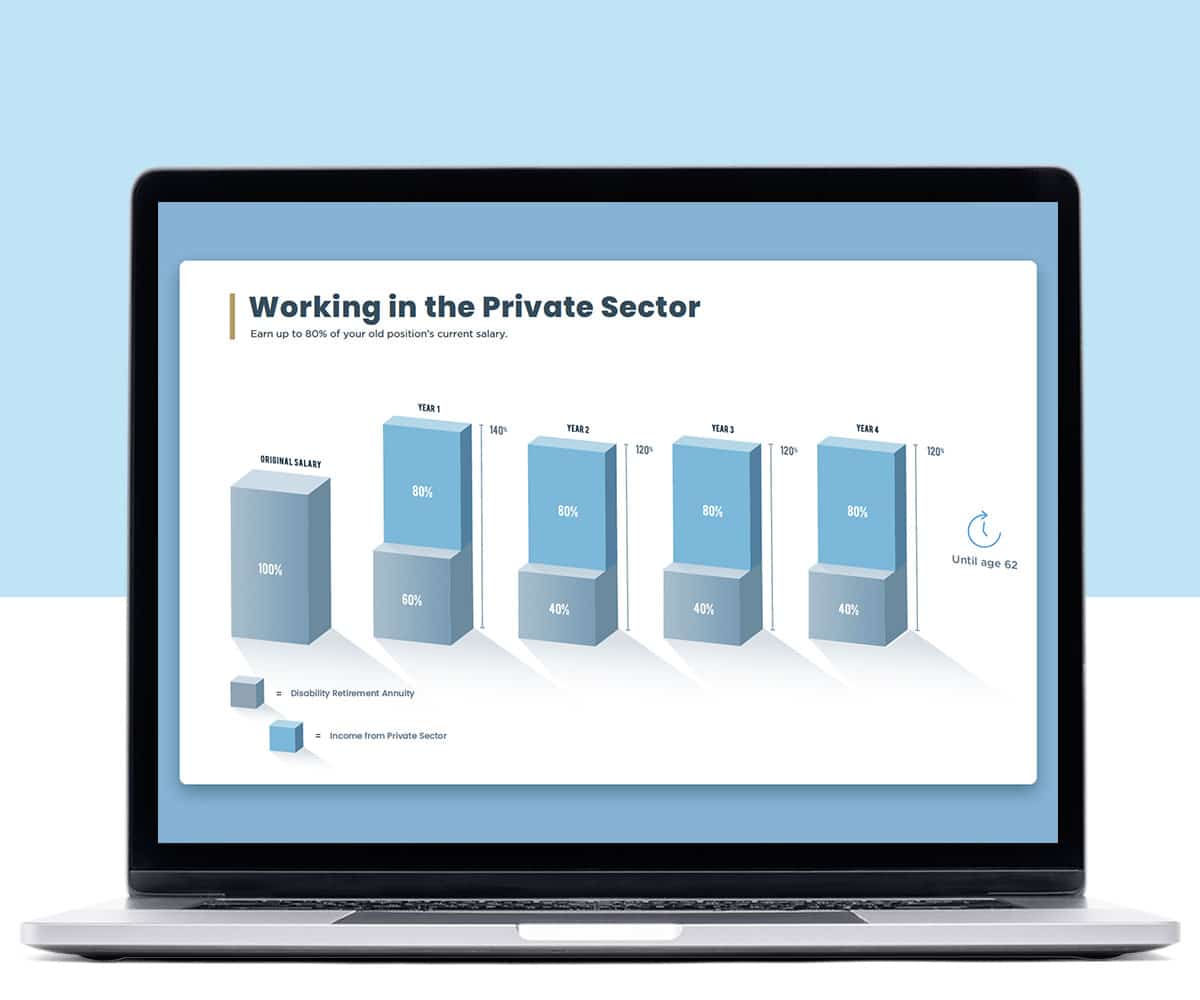Pain is subjective. If you tear a rotator cuff in your shoulder or suffer from a back injury, the post-recovery pain may seem consistent but minimal. You may think “I’ll surely be able to continue working my strenuous job with the U.S. postal service or federal law enforcement for a while longer, I should be able to hang on for another year or two.” A sad truth that so many federal workers face, however, is that “hanging on” signals that time may be limited, and it’s necessary to begin planning an exit strategy — It’s time to apply for FERS federal disability retirement benefits.
The federal disability retirement application process may take up to a year. Waiting until the last minute – to the point where the pain is so bad that it’s impossible for you to continue working – is a poor strategy. How will you afford your medical expenses or attorney fees when you no longer have an income? Here are the top five signs that a federal employee needs to act now to protect their future:
Five Signs a Federal Worker Should Apply For FERS Federal Disability Retirement Benefits
1. Any Difficulty at Work Due to a Medically Diagnosed Condition
If you are struggling with work because of your medical condition, you should begin the FERS federal disability retirement application process sooner rather than later. If it is hindering your ability to perform your necessary job duties, then the condition is causing you to be occupationally disabled, and you may very well qualify for FERS federal disability retirement benefits.
2. Hiding Poor Work Performance from Management
If your job performance suffers because of your medical condition, you need an exit strategy in case it continues to worsen.
3. Frequent Use of Sick Leave
Are you using all of your paid leave as time to rest and recover? Are you having to miss an excessive number of workdays because of your condition?
4. Exhaustion of FMLA Rights
Under the Family and Medical Leave Act, most federal employees are allowed to take a total of 12 unpaid workweeks during a 12-month period for “a serious health condition of the employee that makes the employee unable to perform the essential functions of his or her positions.”
5. Developing Stress With Management, Letters of Reprimand
If your supervisor has reprimanded you, you need to develop an exit strategy ASAP. It’s likely only a matter of time before you’ll have to stop working for your agency.
The failure to connect these problems to an exit plan is the most common error of federal workers. These issues must be recognized early enough to protect your future — before the bill collectors come to your door.
More often than not, our clients acknowledge they should have contacted us a year earlier — before they slid into financial and emotional stress. The reason for their delay, however, is often simple and blameless: They just didn’t know:
- The medical condition does NOT have to cause total disability – just interference with performance, conduct or attendance (a person currently employed in a modified job is, by definition, not fully providing job performance)
- They could have begun the process of getting OPM medical disability retirement while still employed
- The application process for the OPM medical disability retirement takes a long time, and is unpredictable because of a federal backlog of retirement claims
All of this can be explained in patient and empathetic detail with your free consultation at Harris Federal Law Firm. Call us today to start a new life.
If you think you may qualify for federal disability retirement benefits, and would like to speak with a case manager, fill out our INQUIRY FORM for a free consultation.



